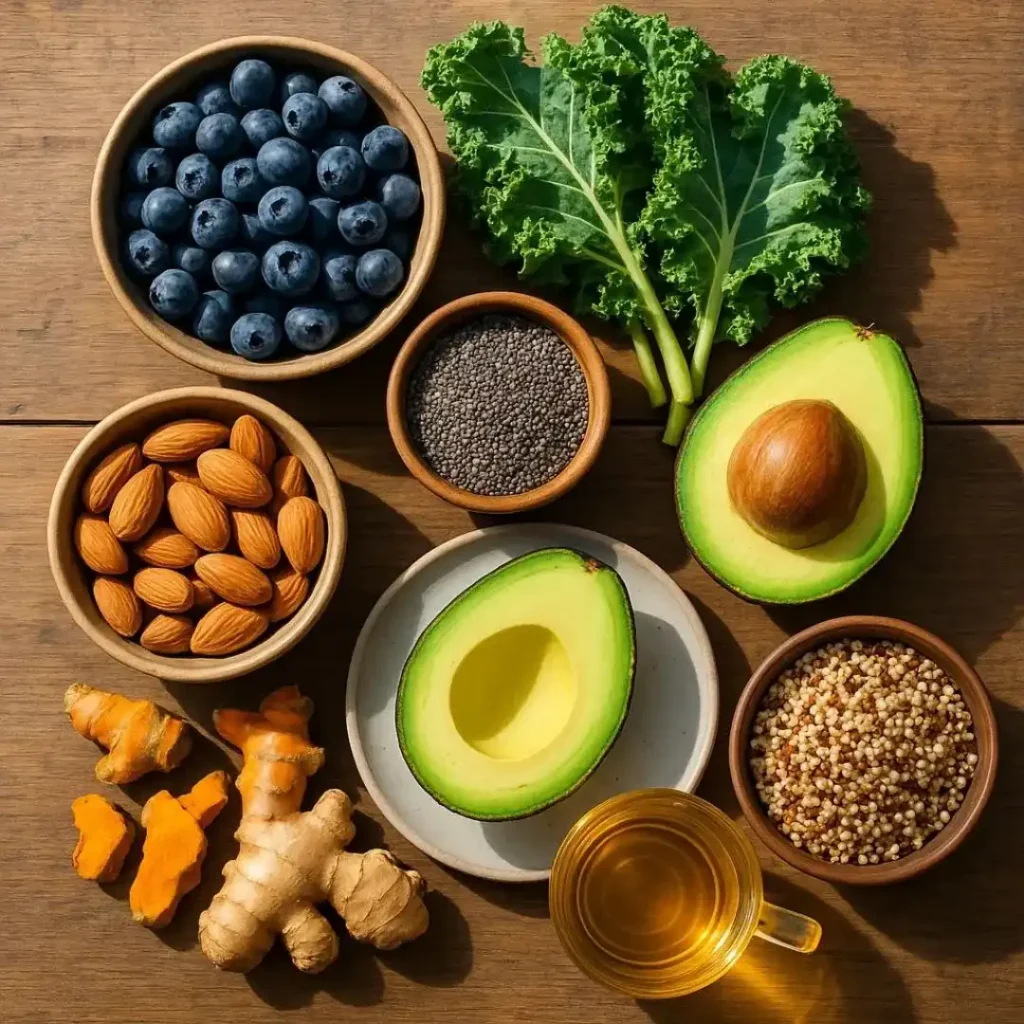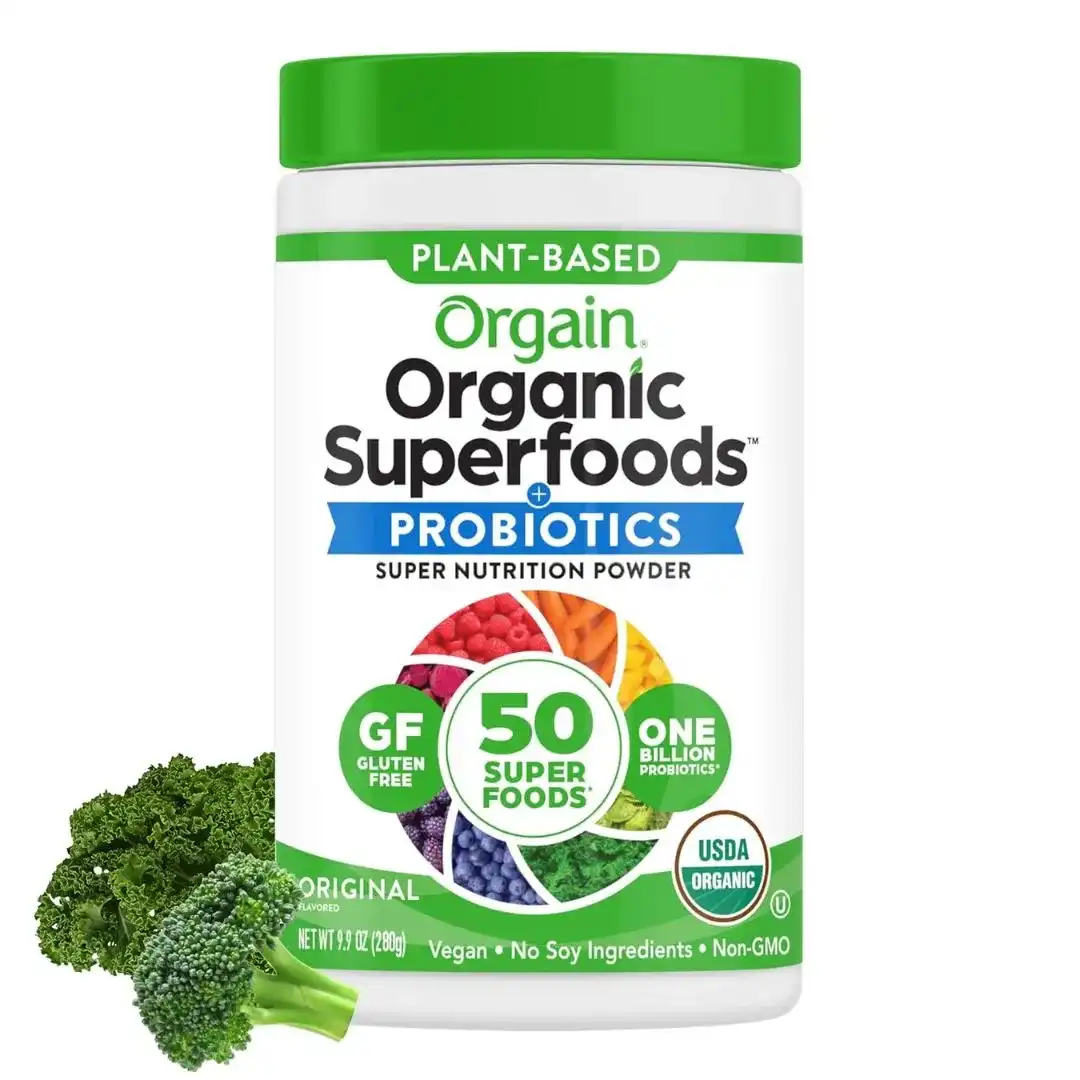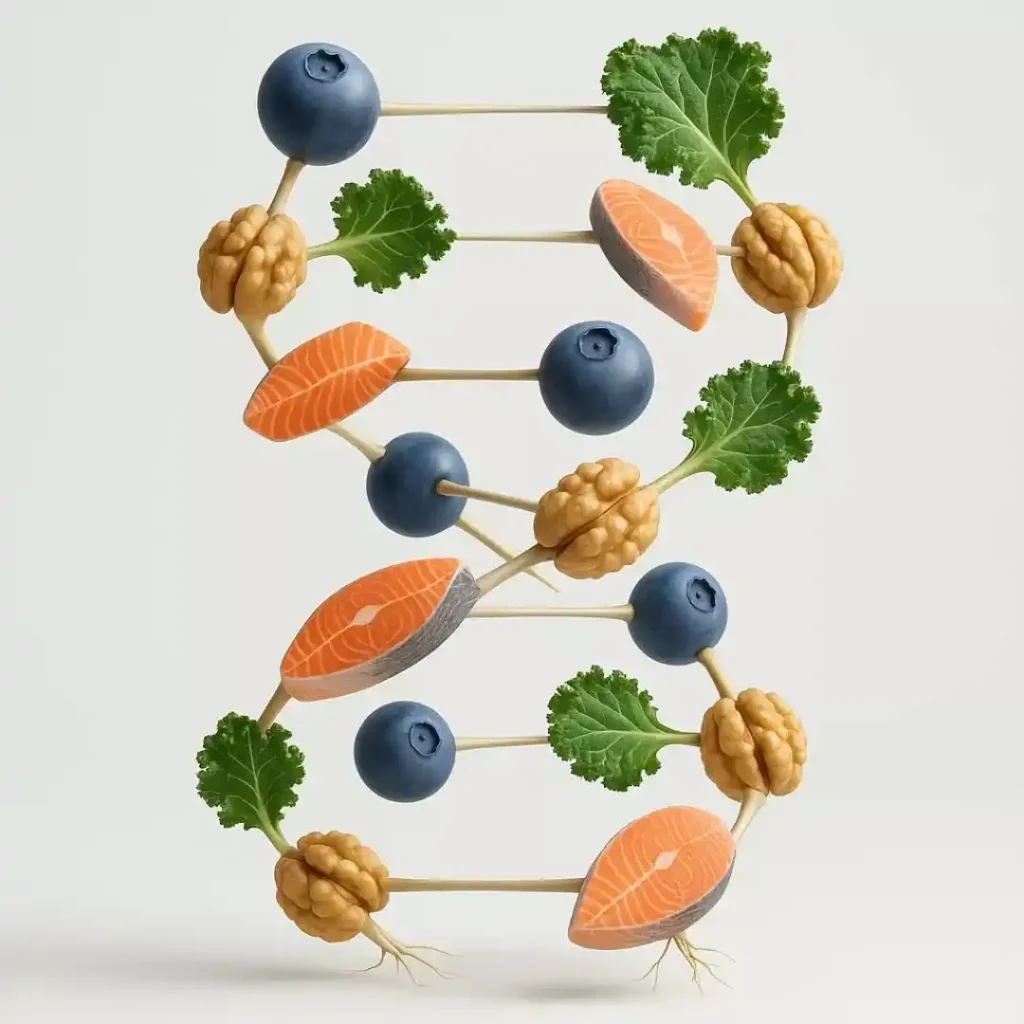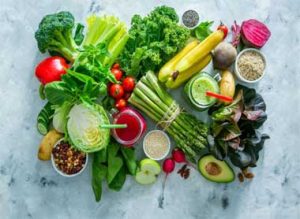
If you’re looking for a way to boost your health and well-being, superfoods could be just what you need. Superfoods are nutrient-rich foods that are believed to have a range of extraordinary health benefits, from boosting your immune system to reducing inflammation and improving heart health. With the constant barrage of processed and unhealthy food options available today, incorporating superfoods into your diet can be a delicious and effective way to take charge of your health.
One of the greatest advantages of superfoods is their impressive nutrient density. They are typically packed with essential vitamins, minerals, antioxidants, and other bioactive compounds that play a crucial role in promoting overall health and vitality. These potent nutrients work in synergy to support various bodily functions and help protect against illnesses and chronic diseases.
What Are Superfoods? A Beginner-Friendly Explanation
Superfoods are more than just a buzzword in the wellness industry. They are foods packed with vitamins, minerals, antioxidants, and essential nutrients that offer maximum health benefits in small servings. In simple terms, they give you more nutrition per calorie compared to most other foods.
Defining Superfoods
While there is no strict scientific definition, nutritionists generally agree that superfoods are natural, whole foods with high concentrations of essential nutrients. Examples include leafy greens, berries, nuts, and seeds.
Science vs. Marketing
It is important to note that not every food marketed as a superfood lives up to the hype. While acai or spirulina may be trendy, staples like spinach, salmon, and oats are equally powerful and more affordable.
Why Nutrient Density Matters
Nutrient density is what sets superfoods apart. Instead of filling up on empty calories, you get concentrated vitamins and minerals that support energy, immunity, and longevity.
| Food Item | Calories | Key Nutrients | Antioxidant Score |
|---|---|---|---|
| Blueberries | 80 | Vitamin C, K | High |
| Kale | 36 | Vitamin A, C, K, Iron | Very High |
| White Bread | 80 | Few nutrients | Low |
Top Health Benefits of Superfoods You Can’t Ignore
Adding nutrient-rich foods to your diet isn’t just about following trends. These nutrient-dense foods can genuinely improve your well-being in multiple ways.
Boosting Immunity Naturally
Foods like garlic, turmeric, and green tea are known for their immune-boosting properties. Turmeric, for example, contains curcumin, a compound that reduces inflammation and strengthens the immune system.
Superfoods for Brain and Energy
Nuts, salmon, and chia seeds provide Omega-3 fatty acids and proteins that fuel your brain and sustain energy levels throughout the day. Many athletes include chia seeds in their diets to enhance endurance.
Anti-Inflammatory and Anti-Aging Effects
Blueberries and kale are loaded with antioxidants that fight free radicals, slowing the aging process and reducing inflammation in the body.
Weight Loss and Digestion Support
High-fiber nutrient-rich foods like quinoa, spinach, and flaxseeds promote satiety and healthy digestion, making it easier to manage weight without feeling deprived.

Orgain Organic Superfoods is a nutrient-packed blend designed to boost your daily wellness. Made with organic fruits, veggies, and herbs, it delivers 50 powerful superfoods in every scoop—supporting energy, digestion, and immunity. With no added sugar and a smooth, refreshing taste, it’s an easy way to nourish your body and upgrade your health routine.
The Most Popular Superfoods You Should Add to Your Diet
Superfoods aren’t limited to exotic powders or expensive supplements. They come in everyday staples you can find in your local market, trendy options that have taken the wellness world by storm, and both plant-based and animal-based varieties. By combining them, you can build a diet that is both practical and powerful for your long-term health.
Everyday Affordable Superfoods
Sometimes, the best superfoods are the ones sitting in your kitchen already. Affordable and widely available, these nutrient-dense foods deliver big health benefits without stretching your budget.
- Spinach: Packed with iron, vitamin K, and antioxidants that support bone health and energy.
- Almonds: Rich in healthy fats, vitamin E, and magnesium, they help improve heart health and keep you full.
- Broccoli: A cruciferous vegetable with fiber, vitamin C, and compounds that may help lower cancer risk.
- Oats: A powerhouse of soluble fiber that supports digestion, stabilizes blood sugar, and promotes satiety.
Practical tip: Start your day with oatmeal topped with almonds and berries, or add spinach to scrambled eggs for a nutrient boost.
Exotic and Trendy Superfoods
Some superfoods have gained popularity for their unique origins and impressive nutrient profiles. While they may be more expensive, they can provide targeted benefits when used in moderation.
- Goji berries: Known for their antioxidant properties and often used to support eye health and immunity.
- Spirulina: A blue-green algae that is incredibly protein-dense and rich in B vitamins and minerals.
- Acai berries: Famous for their role in smoothie bowls, they are packed with antioxidants that combat oxidative stress.
- Maca powder: An ancient Peruvian root believed to help balance hormones and increase energy levels.
Practical tip: Try blending acai or spirulina into smoothies or sprinkle maca powder over your morning oatmeal.

Animal-Based High-Density Foods
Not all superfoods are plant-based. Certain animal-derived foods provide concentrated nutrition, especially for those seeking protein and Omega-3 fatty acids.
- Salmon: Loaded with Omega-3s that support brain health, joint function, and cardiovascular wellness.
- Greek yogurt: A probiotic-rich food that improves gut health, digestion, and provides a good dose of calcium.
- Eggs: Affordable, versatile, and nutrient-dense, offering protein, vitamin D, and choline for brain health.
Practical tip: Include salmon in weekly dinners, opt for Greek yogurt as a snack, and enjoy eggs for breakfast to cover your protein needs naturally.
Plant-Based Superfoods
Plant-based diets are often loaded with natural superfoods that can improve energy, digestion, and overall health. These options are versatile and can be incorporated into nearly every meal.
- Chia seeds: Tiny seeds rich in Omega-3s, fiber, and protein that support energy and digestive health.
- Quinoa: A complete plant-based protein containing all nine essential amino acids, ideal for vegetarians and vegans.
- Kale: One of the most nutrient-dense greens, filled with vitamins A, C, and K, along with antioxidants.
- Blueberries: Small but mighty, packed with antioxidants that support memory, skin health, and immunity.
Practical tip: Add chia seeds to puddings, enjoy quinoa in salads, toss kale into soups, or snack on blueberries to enhance your meals.
| Superfood | Main Nutrient | Health Benefit |
|---|---|---|
| Chia Seeds | Omega-3, Fiber | Energy, digestion support |
| Salmon | Protein, Omega-3 | Brain health, heart health |
| Blueberries | Antioxidants | Anti-aging, memory boost |
| Turmeric | Curcumin | Anti-inflammatory |
How to Add Superfoods to Your Everyday Meals
Incorporating high-density foods doesn’t have to be complicated. With a few small changes, you can transform your meals into nutrient-packed powerhouses.
Breakfast Ideas
- Oatmeal topped with blueberries and chia seeds.
- Smoothie made with spinach, banana, and flaxseeds.
- Greek yogurt with almonds and honey.
Lunch and Dinner Ideas
- Quinoa salad with kale, avocado, and chickpeas.
- Grilled salmon with steamed broccoli and turmeric rice.
- Lentil soup spiced with garlic and ginger.
Snacks and Drinks
- Green tea with lemon and honey.
- A handful of mixed nuts for protein on the go.
- Dark chocolate with at least 70% cacao for antioxidants.
Top Amazon Pick:
- Organic Greens Powder + 50 Superfoods
- RYZE SUPERFOODS Mushroom Coffee USDA Organic
- Humann SuperBeets Heart Chews
- Rosabella Moringa Capsules
Superfoods FAQs
What are the top 10 superfoods?
Blueberries
Salmon
Kale
Avocado
Greek Yogurt
Walnuts
Quinoa
Green Tea
Legumes (Beans & Lentils)
Broccoli
What is the #1 super food?
While no single food is a magic bullet, blueberries are often cited as a top contender. They are packed with antioxidants, specifically anthocyanins, which are powerfully linked to reducing oxidative stress, supporting brain health, and lowering the risk of heart disease and diabetes.
What are the 7 superfoods and their benefits?
Salmon: Rich in Omega-3s for brain and heart health.
Blueberries: High in antioxidants for cell protection.
Kale: Loaded with Vitamins A, C, and K for immunity and bones.
Greek Yogurt: High in protein and probiotics for gut health.
Quinoa: A complete protein and fiber-rich whole grain.
Walnuts: Omega-3s and antioxidants for cognitive function.
Legumes: Excellent fiber and plant-based protein for stable energy.
What are the health benefits of superfoods?
“Superfoods” are nutrient-dense foods known for providing significant health benefits due to their high concentration of vitamins, minerals, antioxidants, and other compounds. Their key benefits include:
Reducing Inflammation: Antioxidants in foods like berries, leafy greens, and turmeric combat oxidative stress, lowering chronic inflammation linked to heart disease, cancer, and arthritis.
Supporting Heart Health: Fatty fish (salmon), nuts, and oats provide omega-3s and fiber, which can lower cholesterol and blood pressure.
Boosting Brain Function: The flavonoids in blueberries and the omega-3s in walnuts are shown to support memory and slow cognitive decline.
Aiding Digestion: High-fiber foods like legumes, chia seeds, and broccoli promote a healthy gut microbiome and prevent constipation.
Strengthening Immunity: Foods rich in Vitamin C (citrus, bell peppers) and zinc (pumpkin seeds) enhance the body’s ability to fight off illness.
Final Thoughts – Why Superfoods Are Worth Adding to Your Diet
Superfoods are not magic bullets, but they are powerful tools for improving health, boosting energy, and supporting longevity. By making small, consistent changes—like adding blueberries to breakfast or choosing quinoa over white rice—you can transform your overall wellness. Start with one or two high-density foods and see how they make you feel. Over time, these small choices add up to a healthier, stronger, and more energetic life.
More about superfoods here.




